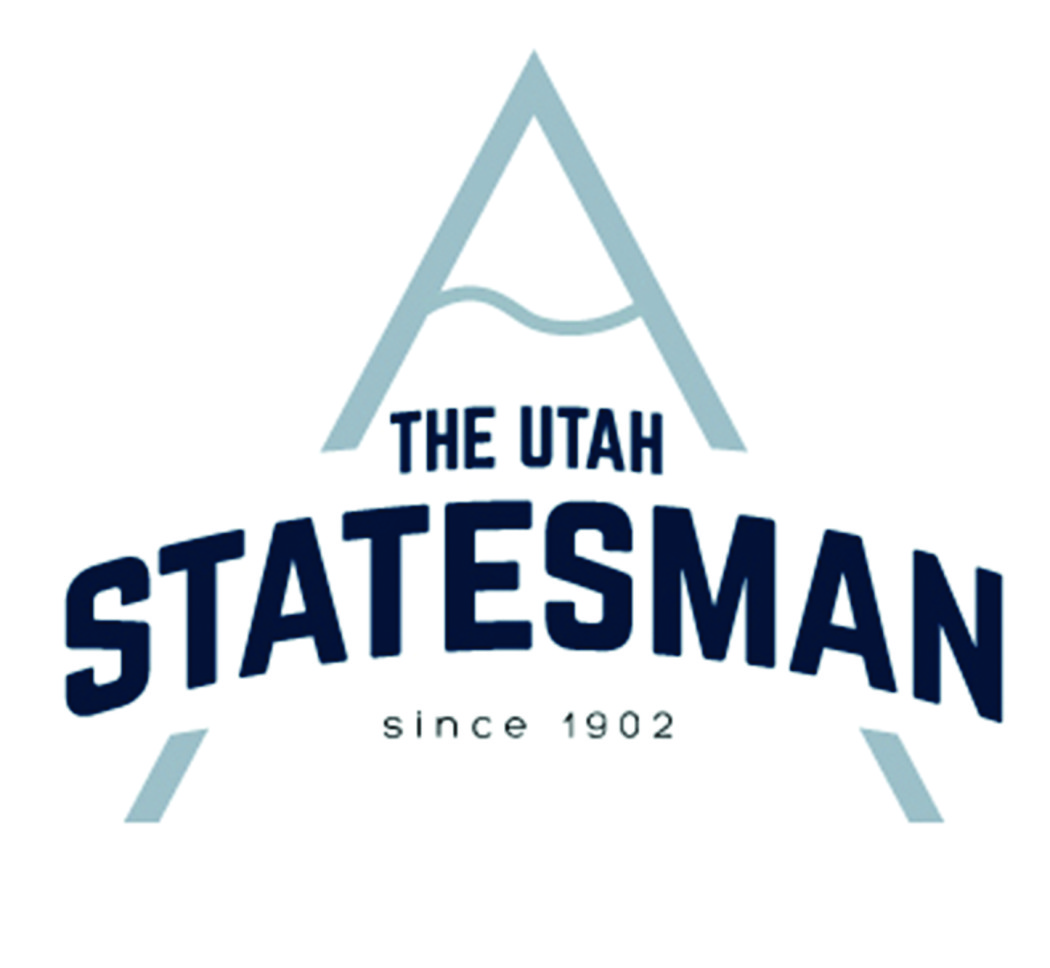Ecology speaker brings students Tundra and Drylands research
Dr. Anthony Darrouzet-Nardi from the University of Texas at El Paso was this week’s guest speaker at Utah State University’s Ecology Seminar Series on Wednesday.
Darrouzet-Nardi’s talk titled “Tundra to Drylands: Cross-biome contrasts in soil biogeochemistry.”
His talk on Wednesday was geared to the public and was followed with a catered social. His talk on Thursday will be a more in-depth talk on warming effects on CO2 exchange in semiarid soils with biological soil crusts and will be held in the Merrill-Cazier Library room 154 at 4 p.m.
“We try to represent as many interests within ecology that we possibly can, and one of the areas is soil biogeochemistry,” said Gwendwr Meredith, a PhD student in environment and society and member of the Ecology Center Seminar Series Student Committee. “There are soil scientists here at USU and I don’t remember when it was the last time we had a soil scientist come and talk.”
The committee is a democratic process that selects scientists they think students, faculty and members of the USU community will benefit from his or her scientific concepts. They also arrange for the speakers to meet with faculty and have lunches with graduate students who are interested.
“We try to get a group of speakers that are diverse in where they are in their career,” Meredith said. “Dr. Anthony Darrouzet-Nardi is quite new in his career and so we figured he would be able to relate to grad students well.”
Meredith said that she felt the seminar had a great turnout for the Wednesday talk, and the committee was able to fill up his schedule with meetings and lunches since Darrouzet-Nardi will be staying in the valley for the week.
“It is really good for students to see research outside of USU and Utah in general so that they can receive a broader scope of what their field in ecology is moving toward,” Meredith said. “I think in particular, Anthony brought a perspective that is quite relatable to students because he is younger.”
Forrest Schoessow, a graduate student in the Quinney College of Natural Resources and another member of the Series Student Committee, said he thinks one of the greatest things a university can do is promote diversity of thought.
“I try to attend as many scientific talks as possible to extend my growth and learning about environment and society in all directions of the world of geo sciences,” Schoessow said. “I study special analysis and so I am very interested in how things interact over space and how different factors change as they go across the landscapes. So it is always interesting to see how data is presented whenever there is a special or temporal component, and I thought I could learn from this speech.”
Darrouzet-Nardi’s said that when he was invited to be a part of the ecology seminar series at USU, he thought it would be a great opportunity to talk to an audience that he felt would be interested in the work that he has been doing.
Darrouzet-Nardi’s Wednesday’s talk was summarized in the conclusion of his speech:
“The relevance of the solar organic matter, or SOM, to providing plant nutrients via soil pore water-mediated exchange, represents a major difference in nutrient cycling and decomposition among biomes,” he said. “In low-SOM (and possibly low SOM:biomass) ecosystems, we need to look more toward processes such as nutrient translocation, retention and N fixation to understand nutrient supplies and budgets.”
Darrouzet-Nardi said that the project he is currently working on he is most excited about is researching the role of subterranean fungi in Dryland ecosystems. He said he and his team are trying to figure out if the fungi are moving materials around, connecting plants and biological soil crusts and all different kinds of cool stuff like that.
To learn more about the USU Ecology Center and upcoming events, visit www.usu.edu/ecology.
— jillian.mccarthy@aggiemail.usu.edu

